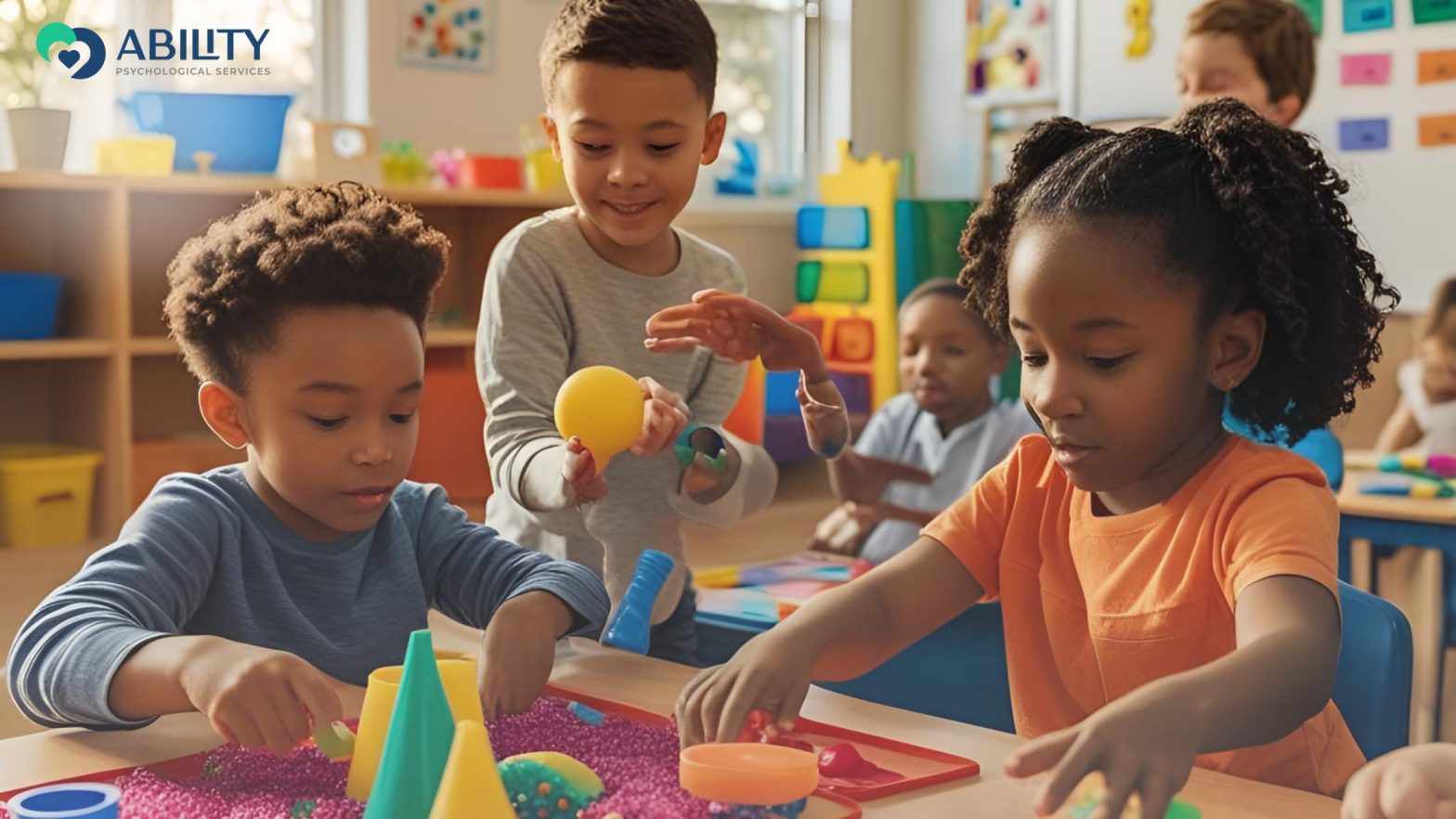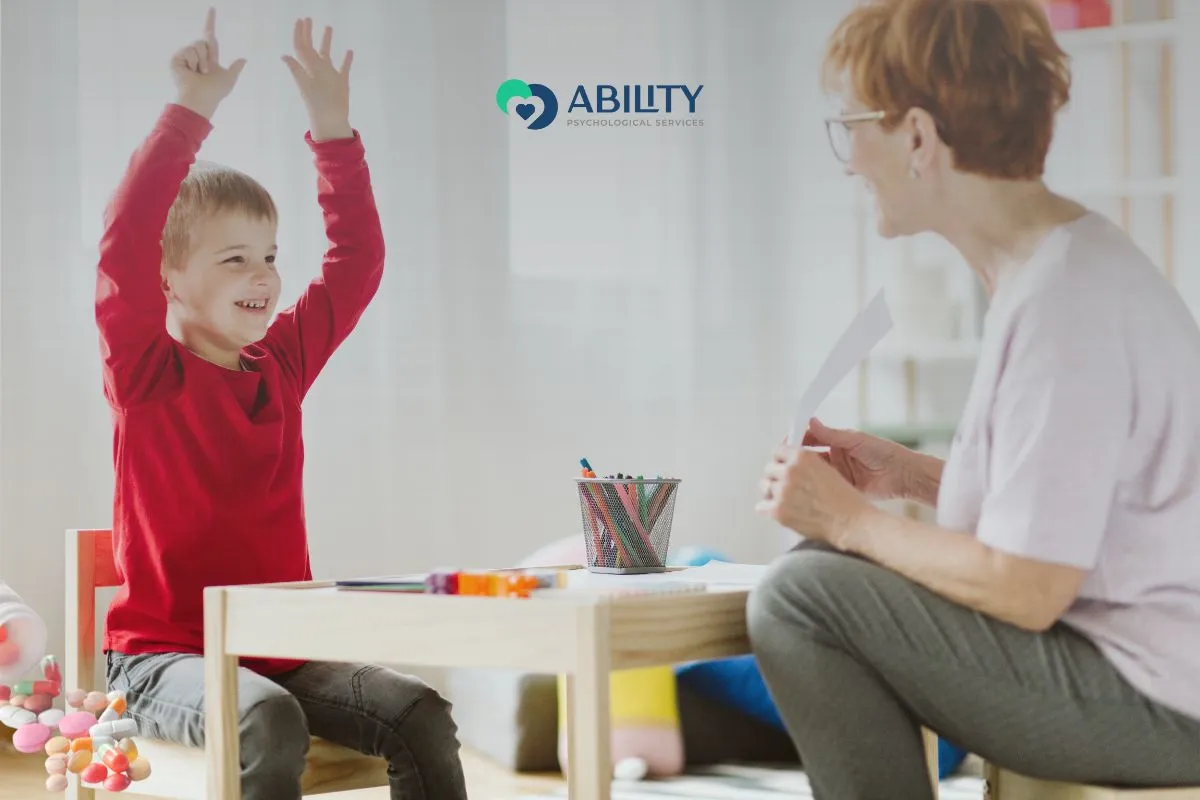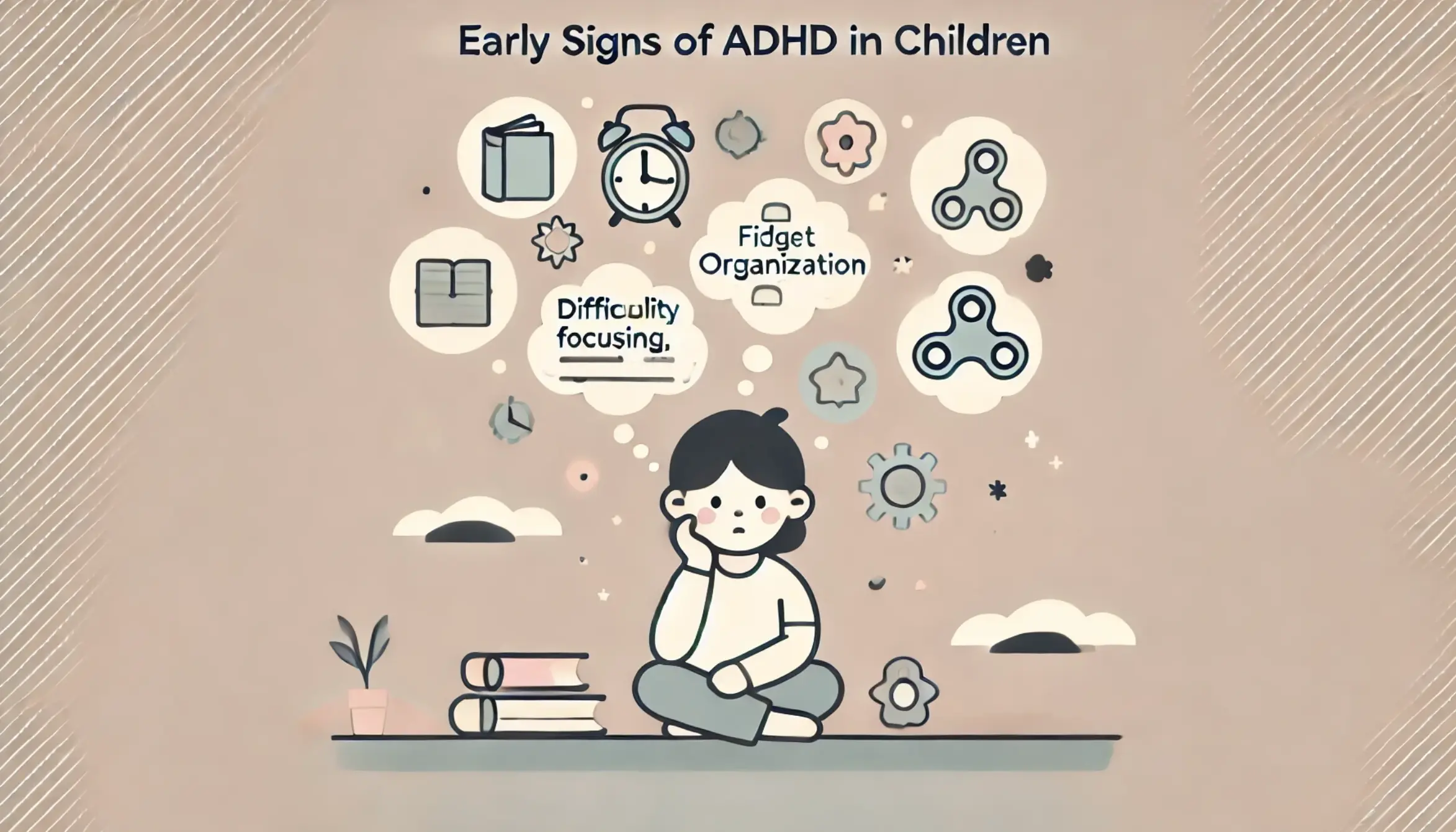Supporting a child with ADHD involves more than just medical interventions; it requires engaging, ADHD-friendly activities that cater to their unique needs. These activities not only help children manage symptoms but also build confidence, improve social skills, and offer healthy outlets for energy and creativity. When thoughtfully chosen, the right activities can become powerful tools in your child’s developmental journey—enhancing focus, promoting self-esteem, and supporting emotional regulation in ways that complement clinical care.
Oakland, CA, offers a wealth of opportunities for families seeking structured, supportive, and stimulating environments. From local programs and community centers to at-home strategies, there are many ways to provide your child with positive, ADHD-friendly experiences. This guide highlights a variety of options designed to help children with ADHD thrive—so you can find what works best for your child’s interests and strengths.
Home-Based ADHD-Friendly Activities
1. Create a Sensory-Friendly Space
Designate a quiet and cozy area in your home where your child can go to decompress. For example, you can use a small corner of their room or a reading nook with bean bags, calming wall colors, and blackout curtains. Include noise-canceling headphones or soft instrumental music to reduce sensory overload.
Add tactile tools such as fidget toys, kinetic sand, textured pillows, or weighted blankets. These can offer comfort and sensory regulation. Keep this area distraction-free and use it for reading, resting, or calming down after overstimulation. A predictable, comforting space can greatly improve your child’s ability to manage emotions.
2. Implement Structured ADHD-Friendly Routines
Children with ADHD often thrive on routine. Establish a consistent morning and evening schedule with specific times for waking, eating, studying, and bedtime. Incorporating ADHD-friendly activities and using visual aids like dry-erase boards or daily checklists can help them track accomplishments and prepare for what’s next.
For example, you can create a “before school” routine poster with pictures: brush teeth, get dressed, pack backpack. Repeating these steps each day helps children feel more in control. Consider using time timers to help them understand how long tasks will take. Routine reduces stress and sets your child up for success.
3. Engage in Creative Arts
Creative expression helps children channel energy in productive ways. Activities such as painting, building with clay, or making paper crafts are great for increasing focus and encouraging self-expression. These activities also provide a break from verbal communication, which can be overwhelming.
Make a weekly “art day” and rotate materials like watercolor, markers, or collage paper. Let your child guide the projects—they may want to create storyboards, build models from recycled materials, or make DIY comics. Creative play helps build confidence, reduce anxiety, and improve fine motor skills.
4. Incorporate Physical Movement
Movement is essential for kids with ADHD. Exercise boosts dopamine levels, which support attention and emotional regulation. Schedule short movement breaks throughout the day—jump rope, hula hoop, or follow a kid-friendly yoga video.
At home, you can create an obstacle course in the backyard or living room with cushions and cones. Use dance games like Just Dance or GoNoodle to keep things fun and structured. These activities give children a healthy way to release energy, stay focused, and improve mood.
5. Utilize Educational Games
Interactive games strengthen working memory and focus while making learning enjoyable. Choose games like Simon Says, puzzles, or memory-matching cards. Apps like Lumosity or BrainPOP offer cognitive exercises that improve executive functioning skills.
You can also turn learning into a scavenger hunt. Hide sight words or math problems around the house and have your child find and solve them. Board games like “Rush Hour” or “Blokus” can be helpful for strategic thinking. These games offer structure, fun, and growth in key skill areas.
Community-Based ADHD-Friendly Activities for Children in Oakland, CA
1. Spirited Play Labs
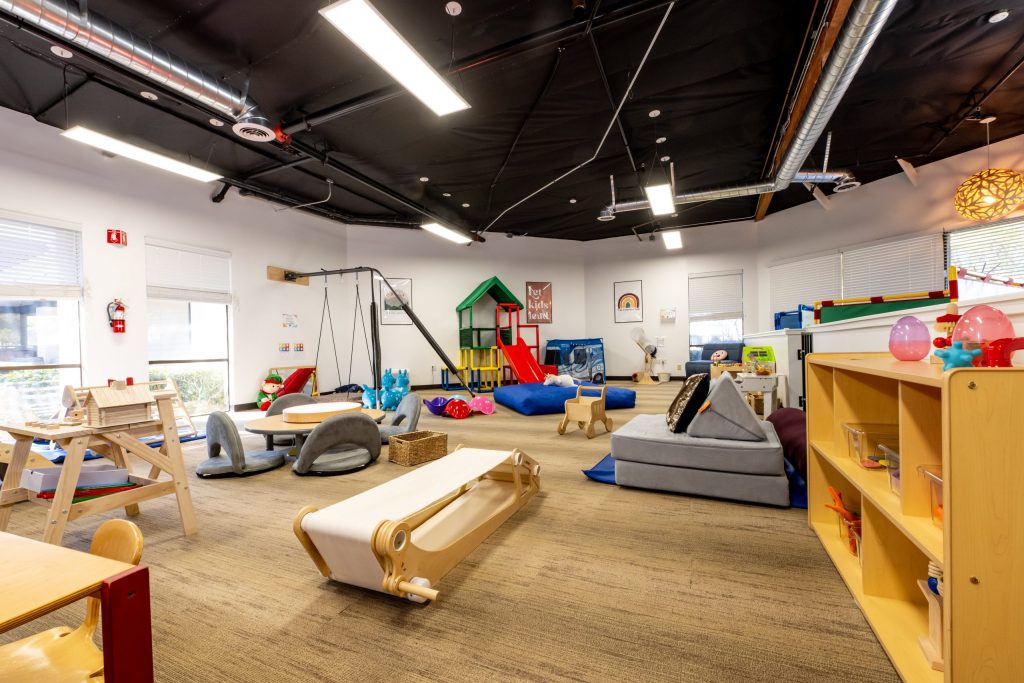
Spirited Play Labs in the East Bay creates a welcoming space for children with ADHD and other neurodivergent needs. The play environment is thoughtfully designed with calming colors, climbing equipment, and open-ended toys that foster creative movement and sensory exploration.
Children can explore activities at their own pace, with access to both structured and free play options. Parents appreciate the supportive, inclusive staff and child-centered philosophy. Regular visits can help children improve their self-regulation skills while also enjoying social interaction.
2. East Bay Agency for Children (EBAC) Afterschool Programs
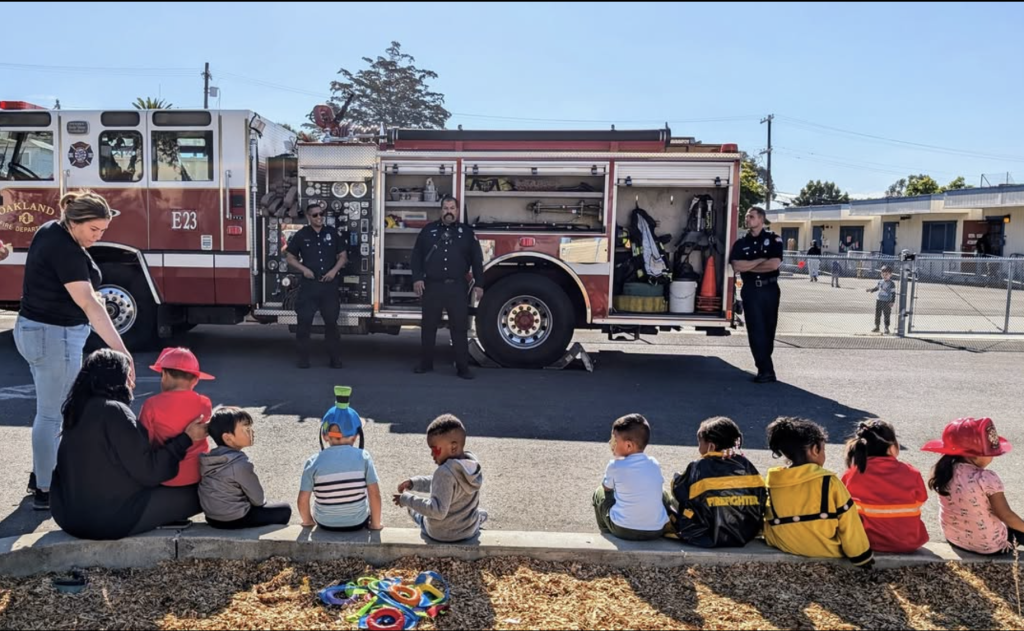
EBAC offers afterschool programs that blend academic support with hands-on activities, such as art, music, and gardening. These programs are hosted at multiple Oakland schools, making them accessible and convenient for local families.
Each child receives personalized attention within small group settings. The focus on emotional development and mindfulness benefits children with ADHD. EBAC provides a stable and encouraging environment where children can thrive academically and socially.
3. Quest Camps Afterschool Program
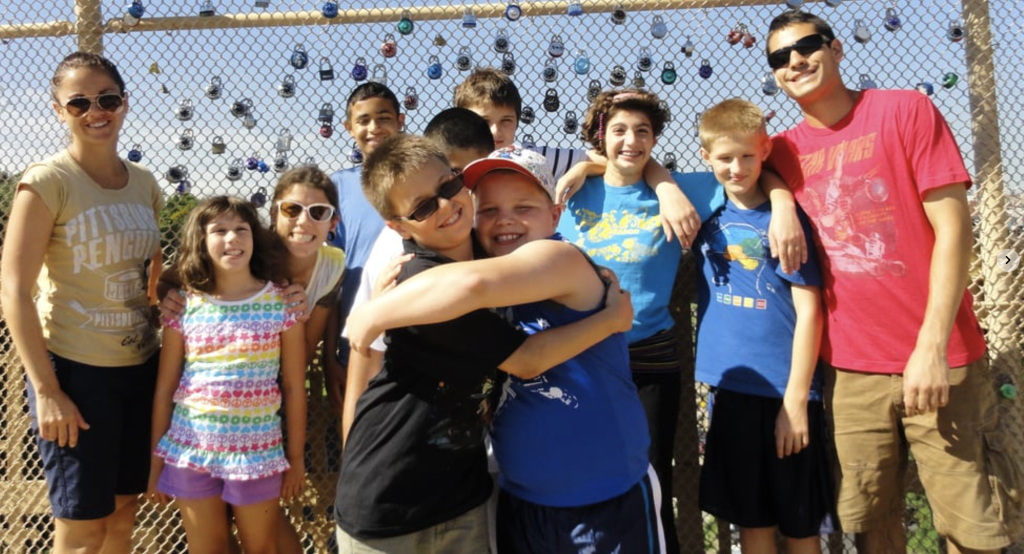
Quest Camps operates a structured weekly afterschool program focused on developing emotional awareness and social skills in a fun, engaging format. Children are grouped by age and ability level, and sessions are held in a welcoming space at St. John’s Episcopal Church in Oakland.
Through guided play and peer interaction, participants learn to manage frustration and build friendships. Activities include games, role-playing, and group discussions. The program is ideal for children with ADHD who struggle with peer relationships or emotional regulation.
4. Oakland Public Library Storytime Sessions
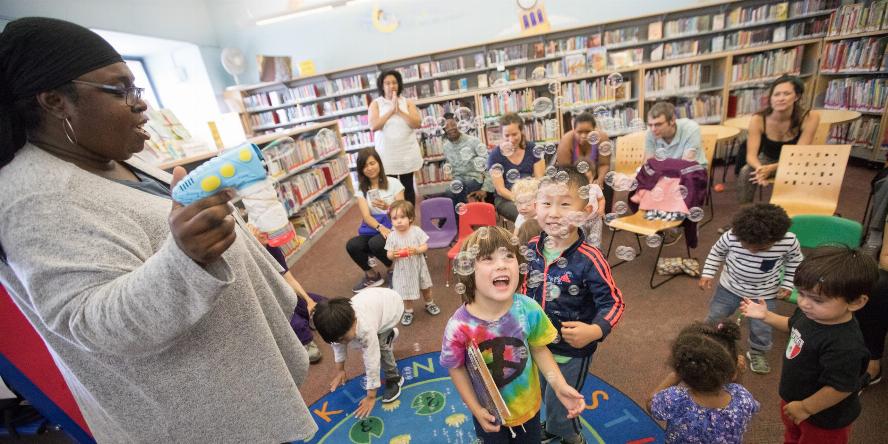
The Oakland Public Library offers storytime sessions across multiple branches, such as Rockridge and Lakeview. Programs include Toddler Storytime, Preschool Playtime, and Family Storytime, which mix songs, books, and movement.
These sessions are perfect for children who benefit from rhythm, repetition, and simple structure. Kids can participate at their own comfort level and build early literacy skills. Families in Oakland often return weekly as it becomes part of their consistent routine
5. Frog Park (Rockridge-Temescal Greenbelt)
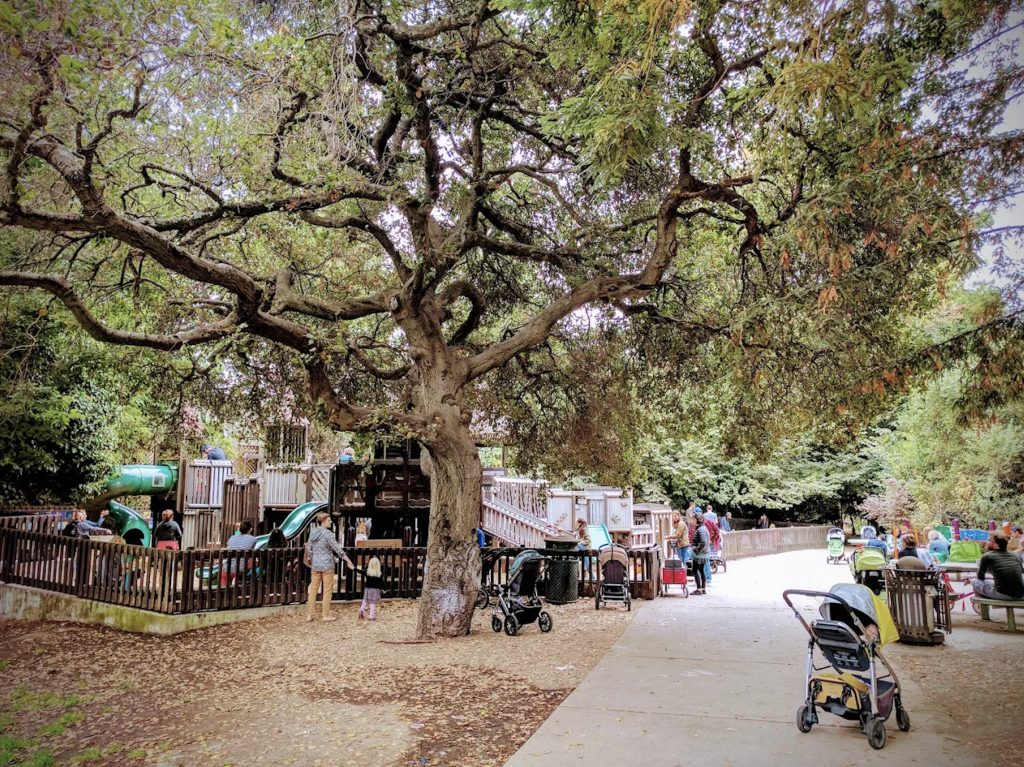
Frog Park is a community-built greenbelt running through Temescal and Rockridge neighborhoods, popular with Oakland families. The park includes two playgrounds, grassy areas, a restored creek, and walking trails.
Children with ADHD benefit from physical play, and Frog Park provides space to run, climb, and explore freely. Nature elements and community art installations offer visual and tactile stimulation. Outdoor time improves mood, focus, and energy regulation.
Integrating ADHD-Friendly Activities into Daily Life
Incorporating these activities into your child’s routine can provide structure and stimulation. Regular participation can aid in managing ADHD symptoms effectively. Engaging with local programs also fosters community connections and support. Remember, consistency is key in supporting your child’s development.
Further Support and Resources
For more comprehensive strategies post-diagnosis, consider reading our blog on ADHD Support for Kids in Oakland: What Comes After the Diagnosis. Additionally, understanding the early signs of ADHD can be crucial; learn more in our blog Early Signs of ADHD in Children – What Parents Should Know.
By engaging in these local activities, you provide your child with opportunities to thrive. Each program offers unique benefits tailored to support children with ADHD. Explore these options to find the best fit for your family’s needs.
If you’re looking for professional guidance, reach out to Ability Psychological Services for ADHD testing, therapy, and ongoing support. We’re here to help your family navigate every step of the journey.
